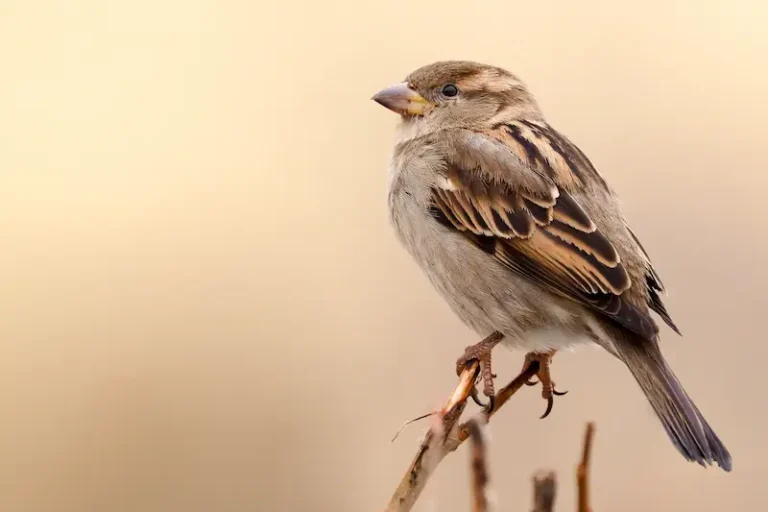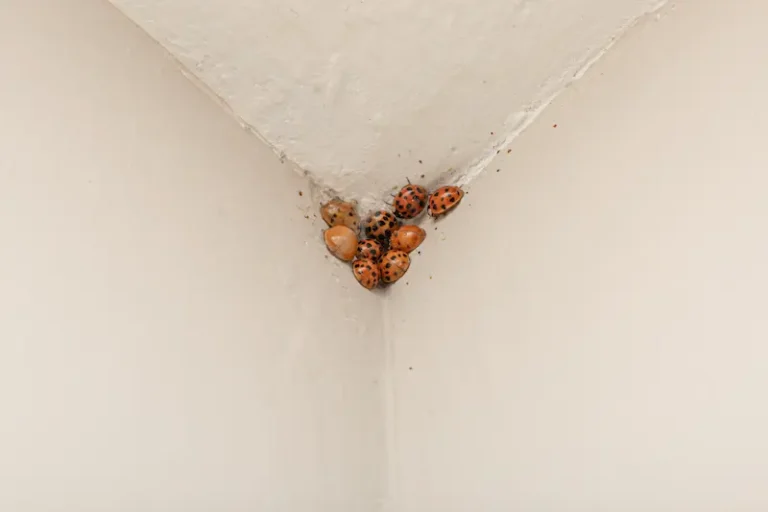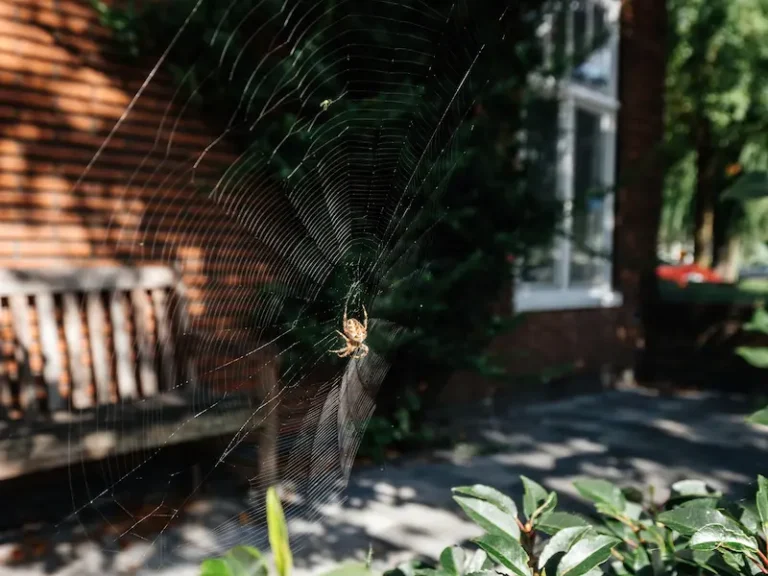Our Guide to Ant Prevention
You can prevent ants from infesting your house, but you have to use the right strategies, and you often have to keep at it. Our comprehensive guide to ant prevention is here with helpful suggestions that will put you on the right track. Before we begin, let’s keep in mind that some tips work better in some situations than others. It’s up to you to evaluate your ant problem. Ask yourself what type of ant infestation you have and why – and that will allow you to determine which of these ant prevention strategies might work and whether you request professional pest control assistance.
Where Are You Most Likely to Find Ants
You’ll find ants anywhere near food or water, or sometimes you’ll find ranging ants outside of those areas, but chances are they’re on the hunt for something that will sustain their nest.
- Bathrooms near toilets, sinks and tubs
- Traveling through air vents
- Along the edges of the ceiling, floor boards and baseboards
- Kitchens
- Dining Rooms
- Window and door frames
How to Prevent Ants in Your Home
Once an ant infestation takes hold, the problem can seem never-ending. That’s why ant prevention is preferable to ant control. So, here are some easy things you can do to stop them:
Keep Areas Clean and Tidy
Maintaining a clean environment is one of the most effective ways to prevent an ant infestation. By limiting ants’ ability to find food, you’re forcing them to go somewhere else. It’s especially important to keep your kitchen clean – or any other rooms where food is often kept.
- Make sure your kitchen is clean and crumb-free.
- Wipe down counters and sweep floors regularly. Use soapy water to eliminate pheromone trails that more ants can follow.
- Store any loose food items in airtight containers.
- Keep ripe fruit in the refrigerator.
- Dispose of trash frequently and use bins with tight-fitting lids.
- Make sure pet food and water are left out only for as long as your pets are eating or drinking. Otherwise, the pet bowls might start attracting ants.
Seal Up Your Home
Ants are tenacious, and if they discover a way into your home, they will keep coming back. That’s why it’s so crucial to seal all potential entry points, including cracks and crevices.
- Regularly inspect your exterior for cracks or other entry points. When you find them, seal them.
- Double-check your windows and doors. Use weatherstripping to seal any gaps around doors and windows where ants could squeeze through.
- Consider installing screens.
Landscaping and Yard Maintenance
Where do ants come from? Most of the time, they come from your yard. That’s why keeping your yard and landscaping neat and tidy plays a significant role in keeping ants away.
- Ants often gain access to homes via trees and shrubs, so make sure to trim any branches or shrubs that are too close.
- Throw as much yard waste into the compost bin as possible. These fallen leaves, twigs, and other debris could create nesting sites for ants.
- Ensure proper drainage and avoid standing water. Water attracts ants, so keeping the yard dry can significantly reduce their presence near your home.
- Avoid using natural mulch like pine straw near buildings. Instead, consider materials like stone or lava rock.
- Store firewood away from your home (this is also extremely important for termite prevention).
Avoid Excess Moisture in the Home
Ants flourish in humid and damp environments, so it’s vital to eliminate excess moisture inside. Repair leaks quickly, especially in the kitchen, bathroom, and basement.
- Fix leaky pipes and routinely check under sinks for areas of moisture. If you find moisture unexpectedly, ask yourself what might be causing it.
- Use a dehumidifier in damp basements or crawl spaces.
- Ensure downspouts and gutters are functioning properly.
How to Keep Ants Away Naturally
All-natural ant prevention is possible, it’s just a lot harder. And we don’t recommend all-natural ant control if you already have an infestation. Once ants are established in an area, these products are unlikely to be effective enough to eliminate them.
Essential Oils
Essential oils, like peppermint, tea tree, and citrus oils (lemon or orange) can be used temporarily to deter ants. Combine a few drops of the essential oil with water in a spray bottle, then apply to areas where you notice ants entering or congregating.
Vinegar
Vinegar is a natural ant deterrent. The potent smell interrupts the ants’ scent trails, disorienting them and impeding their movement. Create a solution of equal parts white vinegar and water in a spray bottle and apply it to areas with ant activity.
Diatomaceous Earth
Diatomaceous earth (DE), a non-toxic substance and can be scattered around the house to manage ants. Created from the fossilized remains of tiny aquatic creatures, this fine powder dehydrates ants upon contact. Make sure that you get food-grade diatomaceous earth as it is harmless to both pets and people. Be sure to call a professional if ants keep returning as it can be a sign of a larger infestation.
Coffee Grounds
Sprinkling used coffee grounds around your home’s entry points, along ant trails, or near the perimeter can be an effective way to deter ants. However, many folks don’t enjoy the look of coffee grounds around their home and prefer the help of a professional pest control service.
Does Professional Ant Prevention Work?
In addition to offering effective ant control services for active infestations, ant exterminators can also help with prevention. Professional ant prevention services can be highly effective for stopping large ant infestations, providing long-term ant control, and sustaining your peace of mind.
Contact Action Pest Control’s pest control experts for a free quote.
Do Perimeter Treatments Prevent Ants?
Yes, perimeter treatments are one of the tools ant control experts will often use depending on the details of your infestation.
This process involves applying specialized insecticides, repellents, or ant bait stations around the base of the building, potential entryways, and other areas where ants are likely to get inside. These treatments eliminate current ants and also discourage new colonies from trying to enter. Consistent perimeter treatments can considerably lower the chances of ants and other pests getting into your home.
Are Regular Inspections Important to Prevent Ants?
Yes, regular inspections are crucial to ant prevention as they can help you stop an infestation before it gets started. You can do an inspection yourself by checking for cracks, gaps, and moisture buildup that could attract ants.
For extra peace of mind, you can also call our ant control experts to perform a professional inspection. Scheduled inspections allow for continual monitoring of pest activity and the application of necessary treatments.
Schedule an Appointment with an Ant Control Expert Today!
The team at Action Pest Control specializes in ant control and prevention – no matter the ant species. So whether you’re dealing with ants or you expect to be dealing with them again soon, we can help.
Give us a call today to schedule a free assessment. Stop worrying about ants, and start enjoying peace of mind!
Ant Prevention FAQs
What is the best ant repellent?
Although using home remedies and natural repellents such as peppermint or tea tree oils can discourage ants, professional pest control treatments are the most effective solution for long-term prevention. Pest control experts use targeted pesticides and a range of other strategies to eliminate ant colonies at their source.
What is the best prevention for ants?
The best ant prevention isn’t some product you can buy in a store. It’s systematically eliminating the resources that attract them and making your home less inviting. This means keeping your home clean and dry, storing food properly in sealed containers, and ensuring your yard is tidy and free of debris. Regular inspections for cracks or openings and professional perimeter treatments will also help keep ants from entering your home.
What can I put down to keep ants away?
Short term natural remedies, including vinegar, boric acid, diatomaceous earth, and essential oils, may offer a temporary solution to repel ants; but it might not last all season. Professional pest control is the recommended option for long-term results. Pest control experts utilize targeted treatments that eliminate ant colonies and establish ongoing protective barriers around your home to prevent future infestations.
How do farmers keep ants away?
Farmers utilize perimeter treatments, encourage beneficial predators, and implement proper soil and pest management to reduce ant infestations and safeguard plants. Although natural remedies like diatomaceous earth can be employed, professional pest control guarantees thorough and enduring crop protection.
How do you make ants go away permanently?
You don’t have to wait for an infestation to protect your home from ants. Preventative pest control services are your best bet to decrease the chance of an ant infestation. However, you can deter them by removing their access to food, sealing off entry points, and disrupting their nests. However, if ants keep returning, professional pest control may be necessary.



